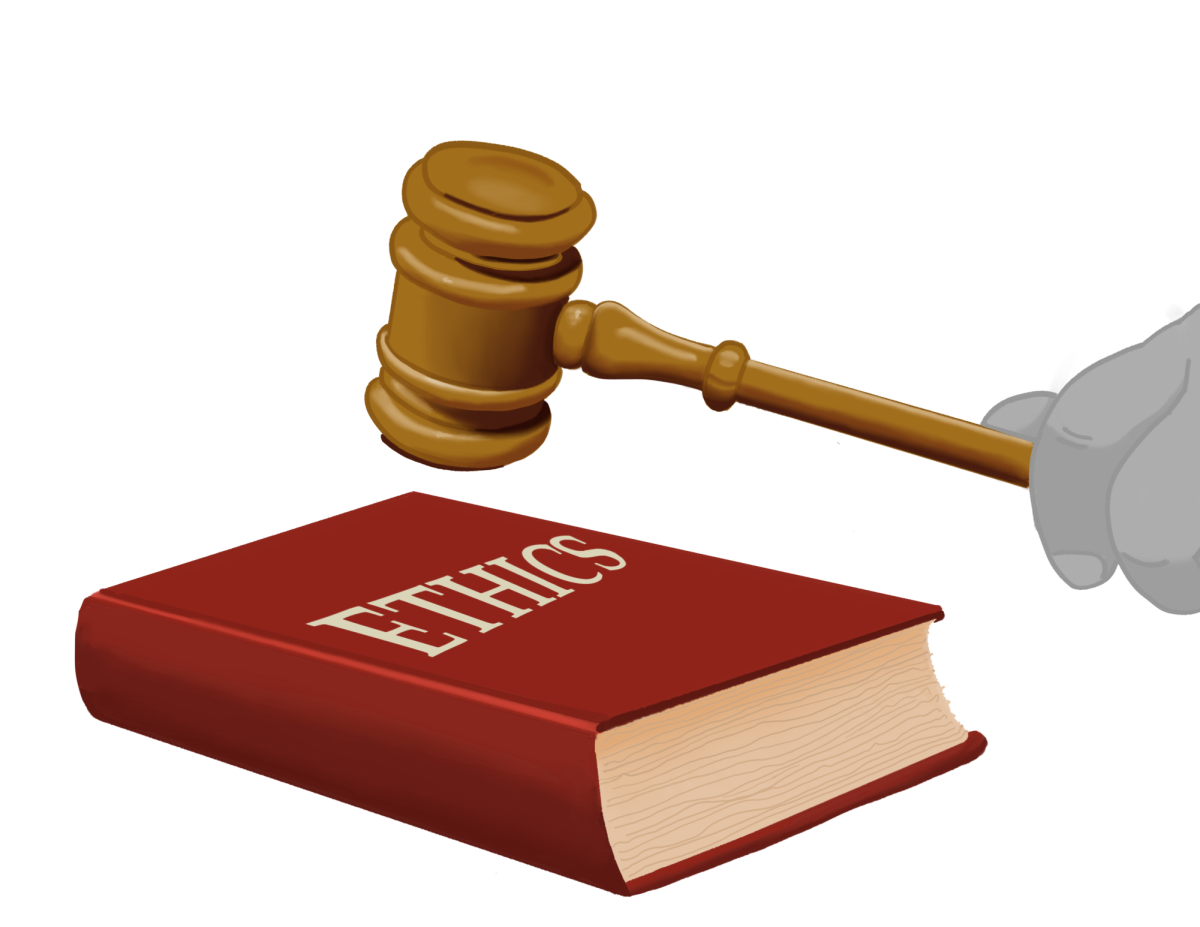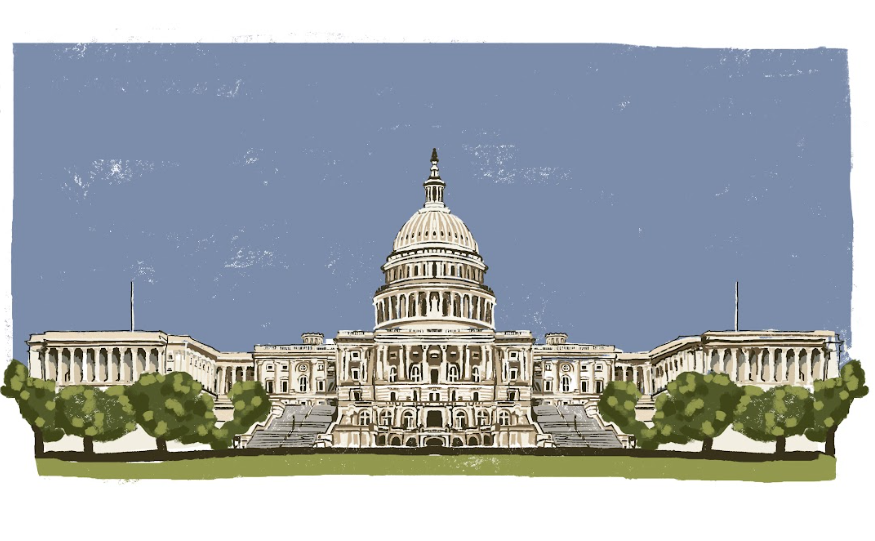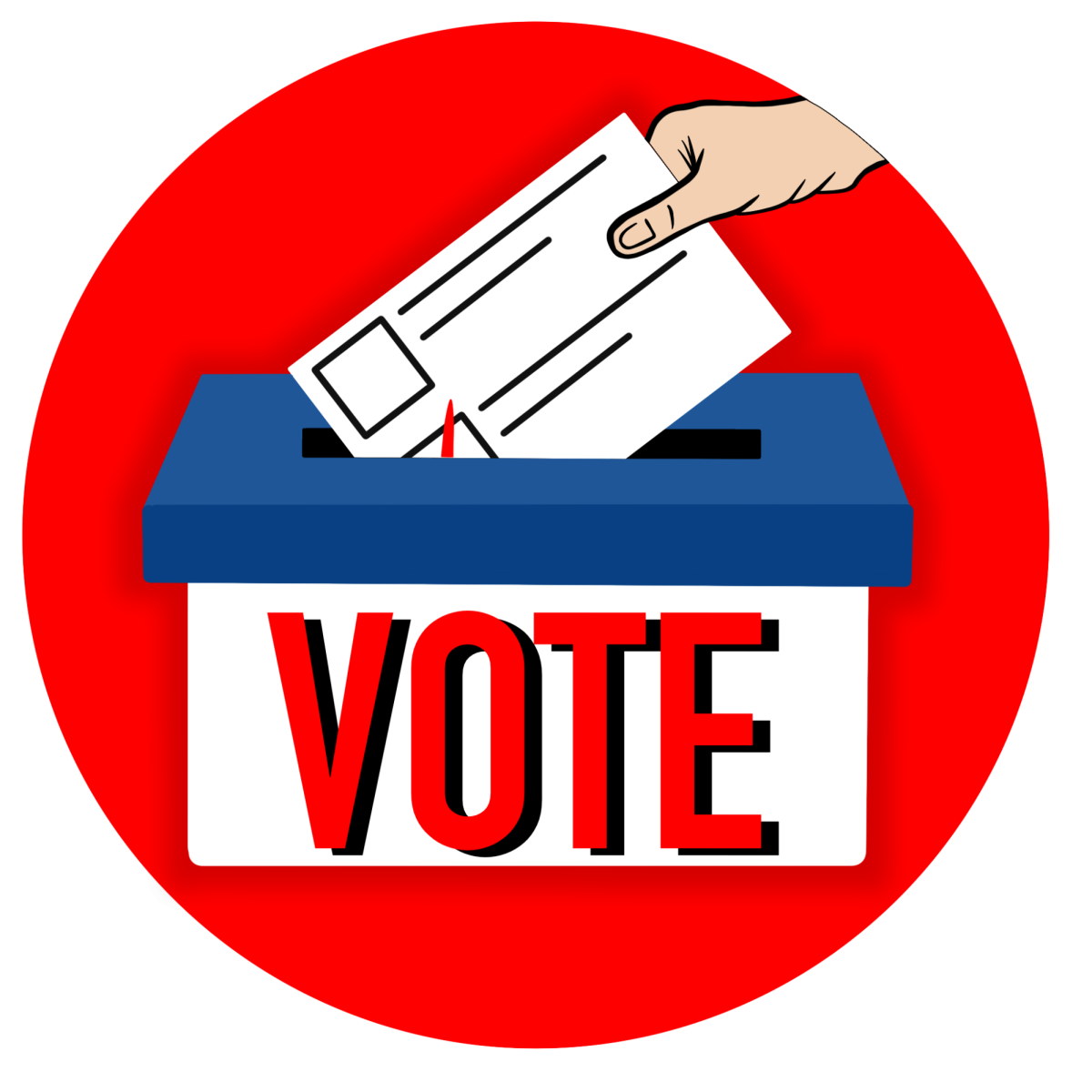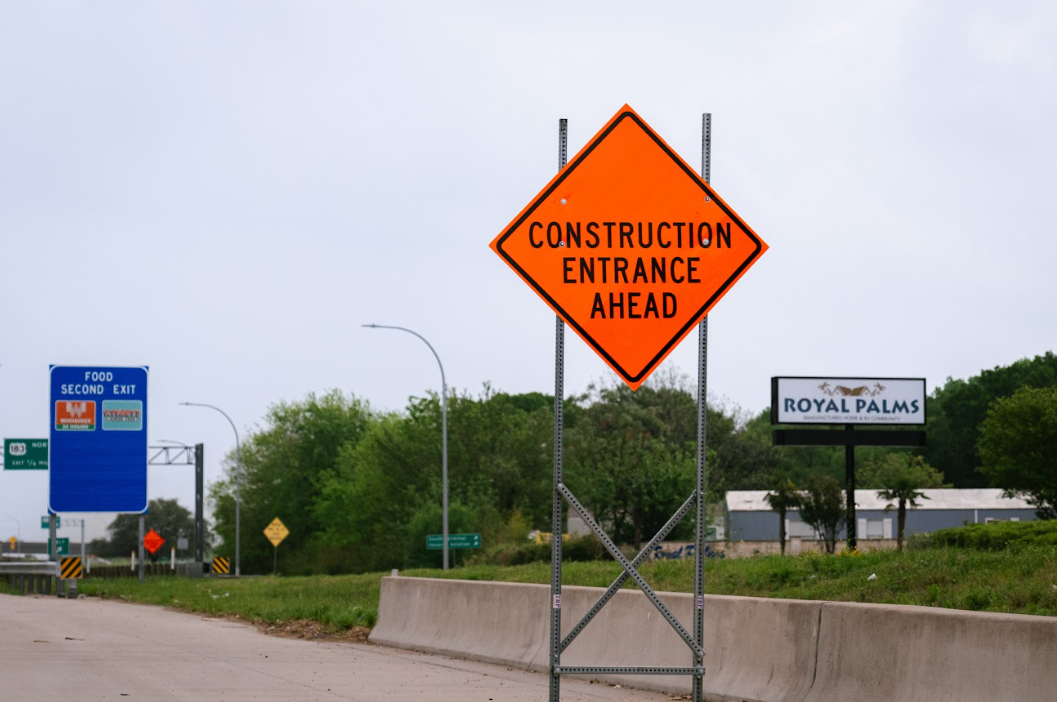On Monday, Nov. 13, the Supreme Court of the United States (SCOTUS) announced that a code of conduct was being put into effect. This was in response to increasing criticism regarding perceived ethical conflicts among justices. However, experts and critics have claimed this will not end the continued push for ethics reform.
The ethics code is based on the widely used American Bar Association’s Model Code of Judicial Conduct and was signed by all nine judges. The code not only applies to SCOTUS but to every judge in the United States. The issue with applying the code to SCOTUS is that there is no one to enforce it. They may implement it in lower courts, but it is not written who will hold SCOTUS accountable.
Essentially, the ethical code has no meaning without an enforcement mechanism. Many people have offered solutions for this issue, with the option of allowing the other eight justices to decide the repercussions for one justice. However, this may result in biases and a lack of meaningful implementation of the code.
The court is currently experiencing its lowest-ever public approval rating. The legitimacy of this court is being questioned more and more as they tiptoe around a solution. This ethics code they have adopted is looking to improve these ratings, but the lack of enforcement is hindering its success.
While this code may mark a step in the right direction, the action still falls short of truly acting for Americans. The code is not binding at all, and if anything, it was simply a gesture to quiet the questioning of unethical behavior by justices. SCOTUS has gone unchecked for far too long. It is time that Americans use their rights to speak out against the injustices and clear biases that have been placed against them by the Supreme Court.











